When it comes to protecting our teeth, humans have certainly come a long way. We now have mouthwash, toothpaste, exceptional toothbrushes, braces, and so much more to keep our teeth healthy and beautiful.
However, tooth decay and cavities still occur, and when that happens, dentists can only fill the holes with a foreign substance or even remove the tooth entirely. But now, one professor claims he has found a way to regrow teeth. If he is correct, cavities will be a problem of the past.
What Is a Cavity?
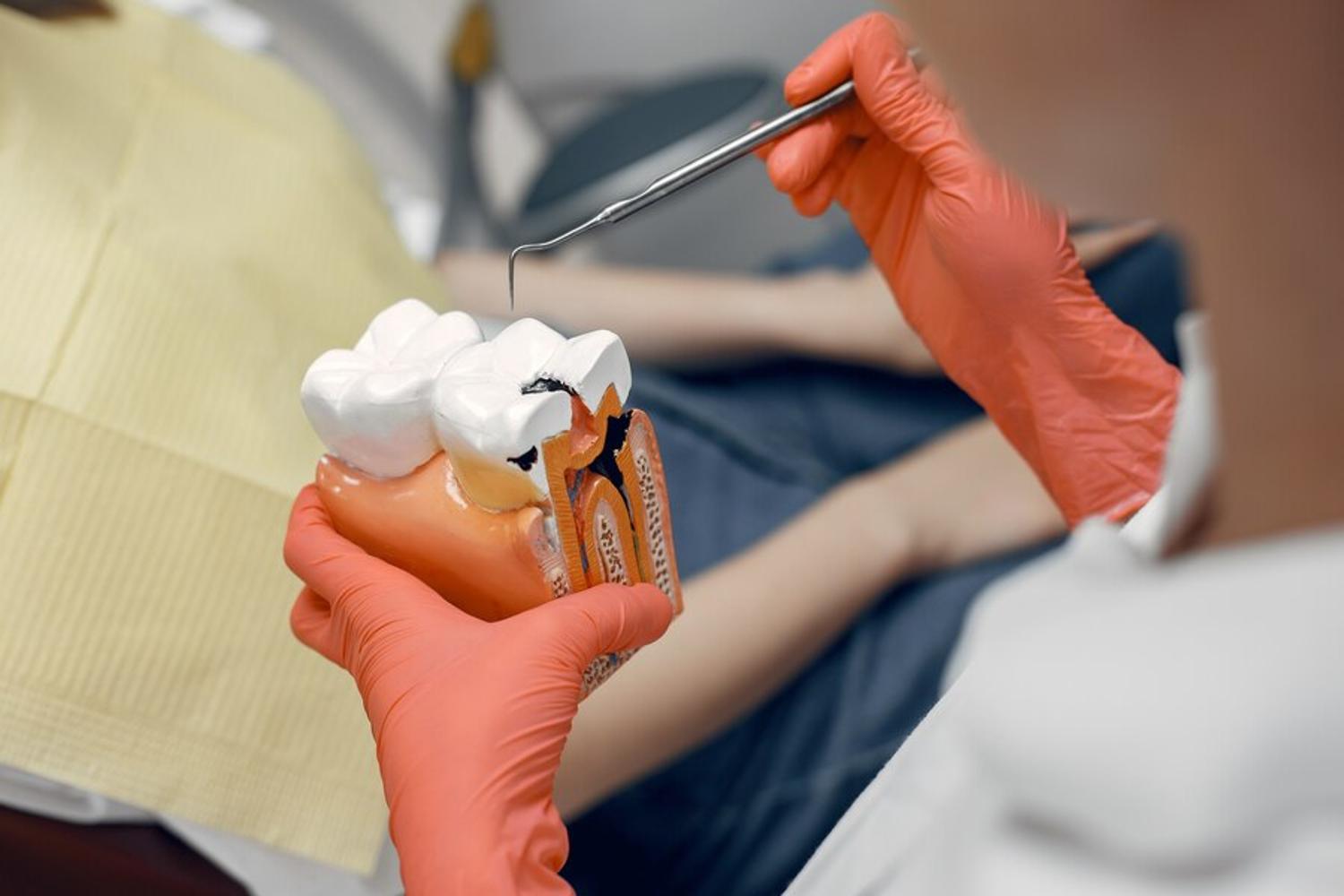
Before discussing this possibly life-changing drug that regrows teeth, it’s first essential to understand what a cavity is and how the body naturally responds to this problem.
By definition, a cavity is when bacteria, food, or accidents damage a part of the tooth. Typically, a small hole forms, and if that hole is not filled, it can become infected, which often means the tooth needs to be extracted.
Your Body Naturally Responds to Trauma
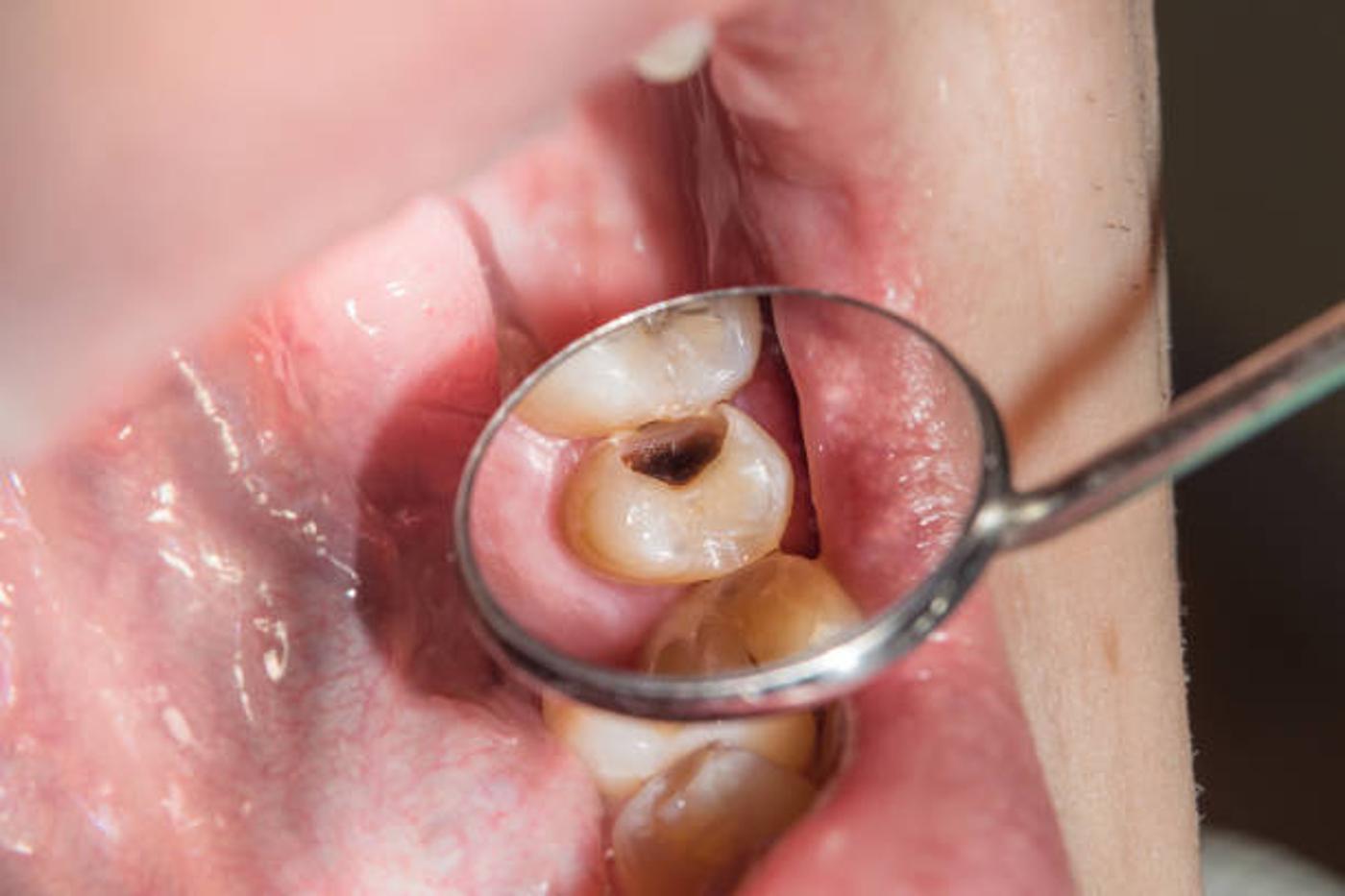
In response to a cavity, the body will naturally create a soft pulp on the tooth as well as a thin layer of calcified tissue known as dentine to protect the hole that has formed.
However, these natural protections aren’t sufficient enough to cover a large cavity. Therefore, dentists use other unnatural materials to fill cavities, including porcelain, gold, silver amalgam, plastic, and resin.
Filling Cavities Protects the Teeth From Infection
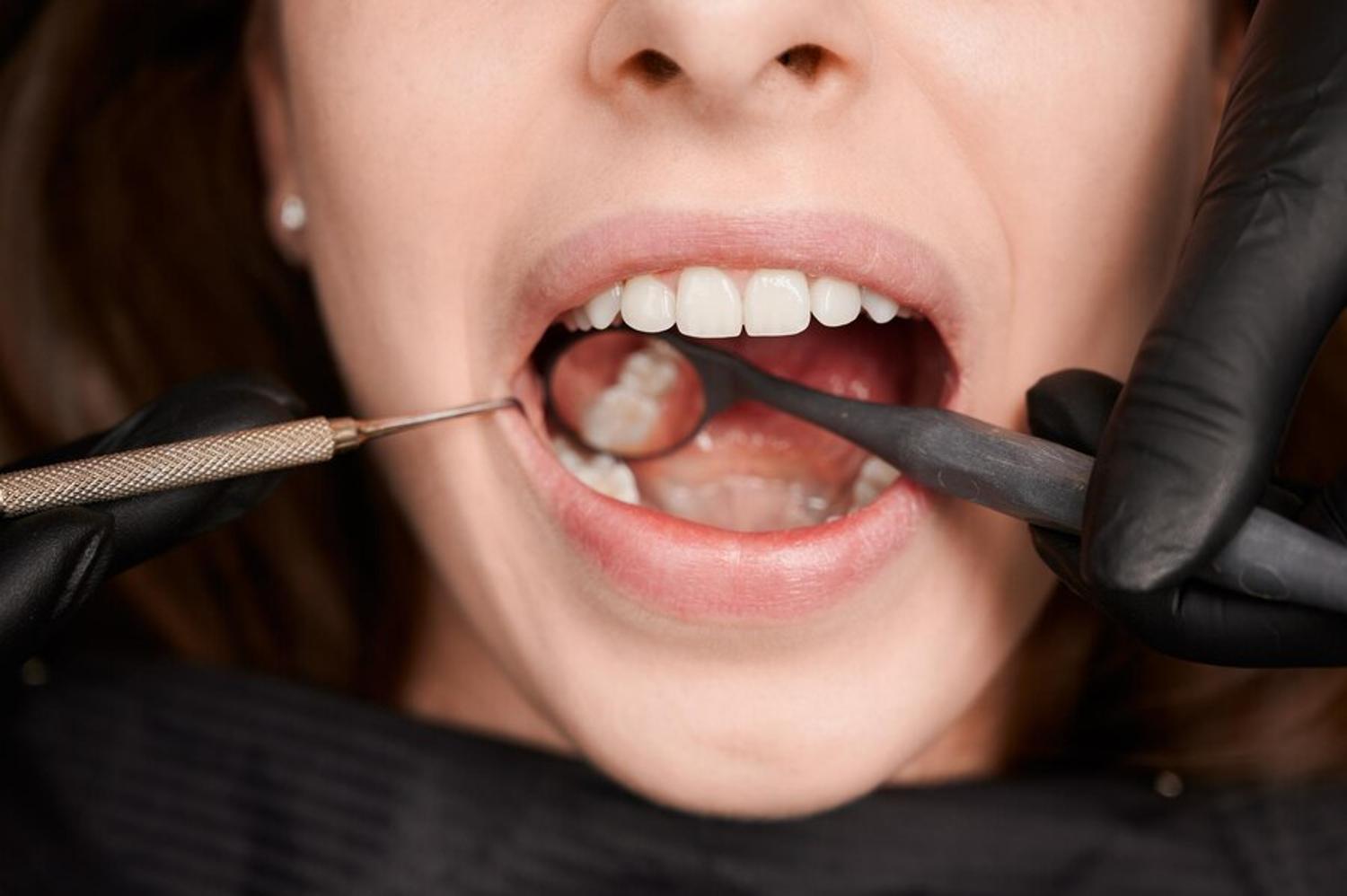
These fillings protect the affected tooth from infection and eliminate pain, but they do not heal the damage done to your tooth.
Additionally, fillings have some adverse side effects, including headaches, increased tooth sensitivity, and even pain or further decay. Even fillings that function properly need to be replaced every seven to ten years.
The Drug That Can Regrow Teeth
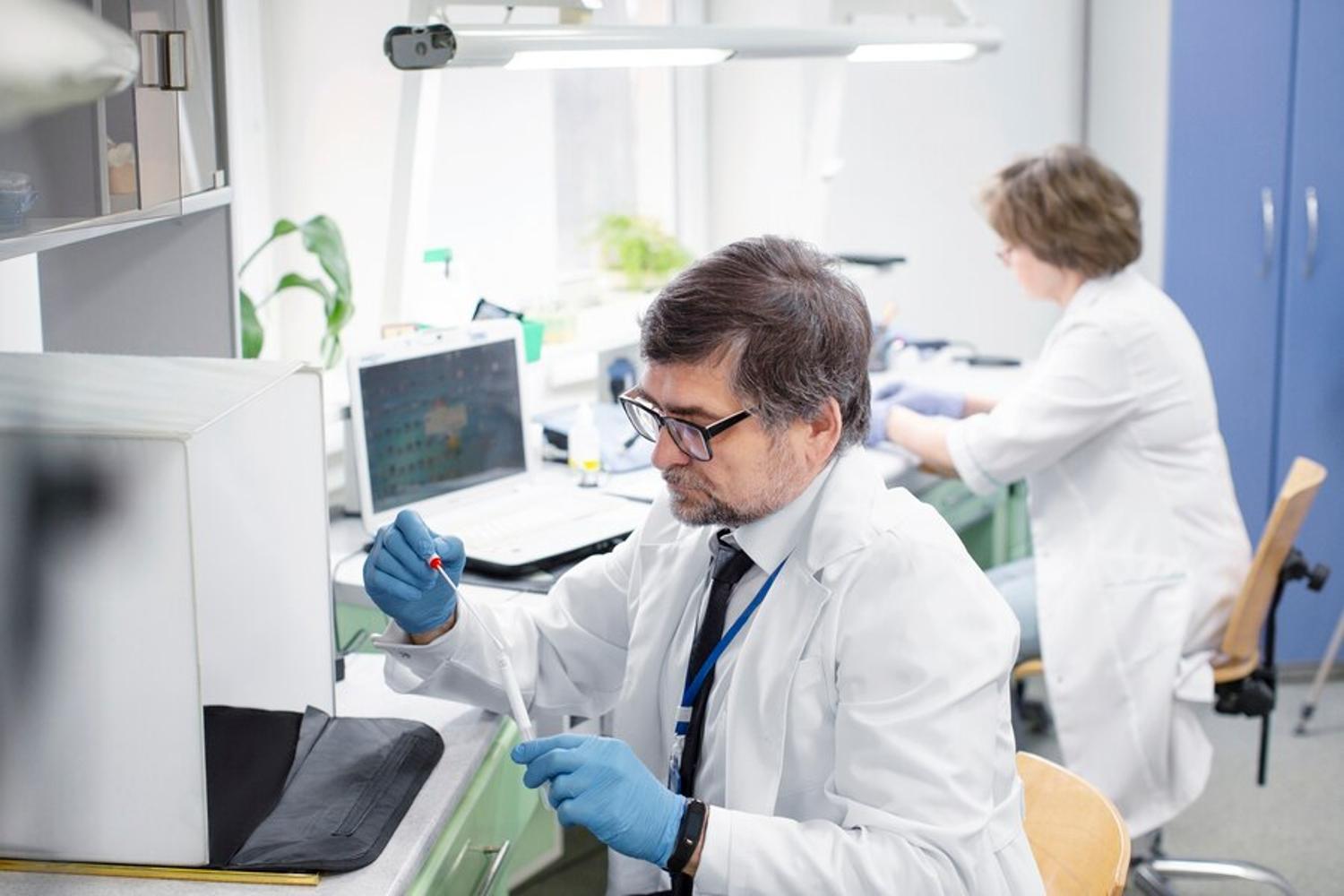
Because fillings are far from the perfect solution, researchers have been working to find other ways to respond to cavities, specifically to find a drug that could help teeth produce enough dentine to heal themselves.
And Professor Paul Sharpe of King’s College London Dental Institute announced in 2017 that he believed he had finally found what everyone was looking for: Tideglusib.
What Is Tideglusib?

As a GSK-3 antagonist, Tideglusib works with the body’s tissues, including within the muscles and brain, to regenerate cells.
The Food and Drug Administration (FDA) has already approved this drug to help fight Alzheimer’s. They have found that through anti-inflammatory cell regeneration, Tideglusib can slow or even stop the brain degeneration that occurs when someone develops the condition.
Sharpe Found That Tideglusib Could Regrow Teeth

Professor Paul Sharpe believed that if Tideglusib could regenerate tissue in the brain and muscles, it could do the same for teeth.
He tested his theory to find out if applying Tideglusib to a tooth with a cavity would enable it to regrow enough dentine naturally to completely cover the hole. And it did exactly that in just six weeks.
The Successful Experiment Wasn’t Conducted on Human Teeth
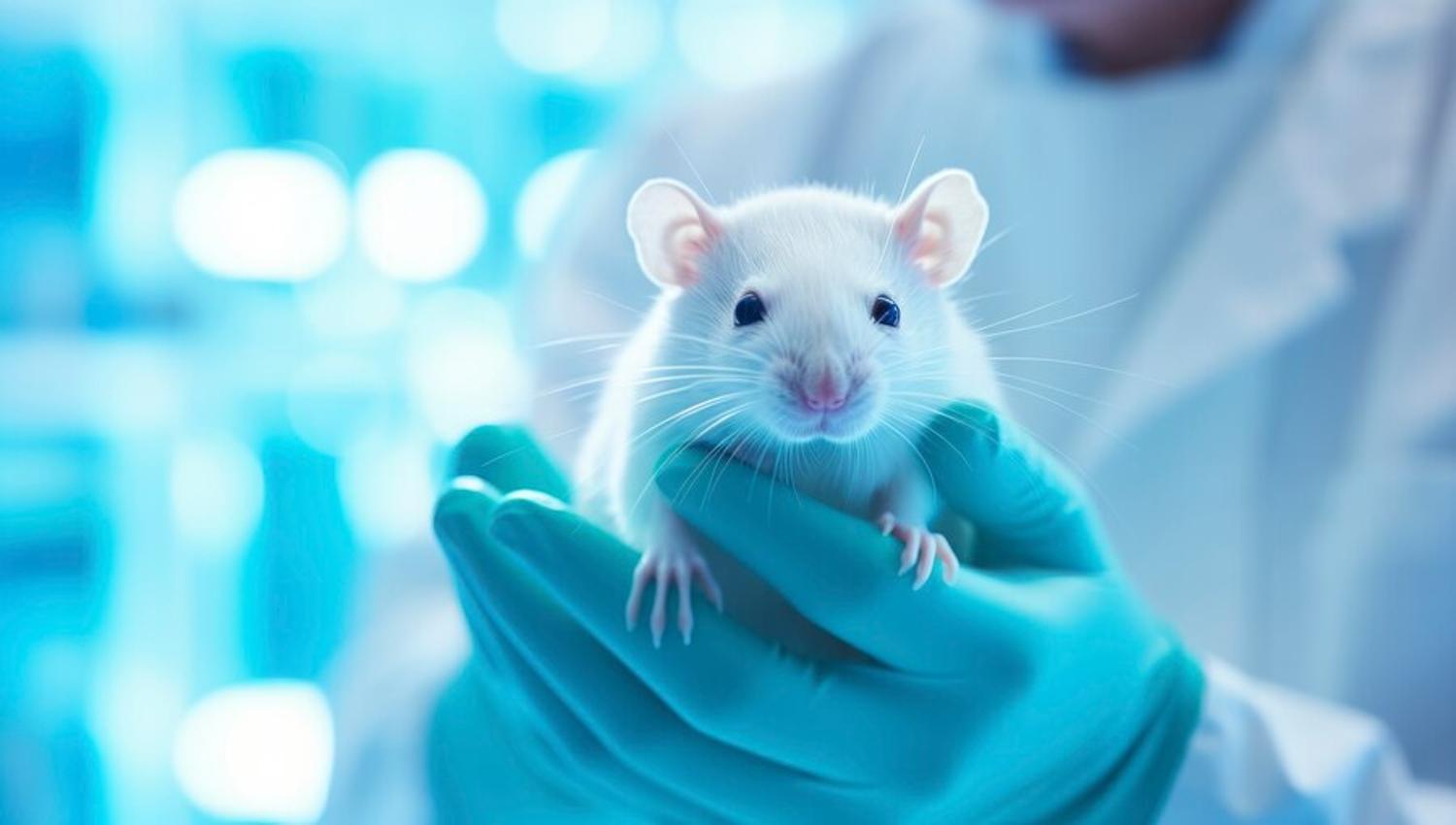
To conduct this experiment, Sharpe and his colleagues applied sponges soaked with Tideglusib to several mice’s damaged teeth.
They reported that, as the sponges slowly fell apart, the teeth naturally produced enough dentine to cover the large cavities; the experiment had been a complete success.
How Does Tideglusib Regrow Teeth?
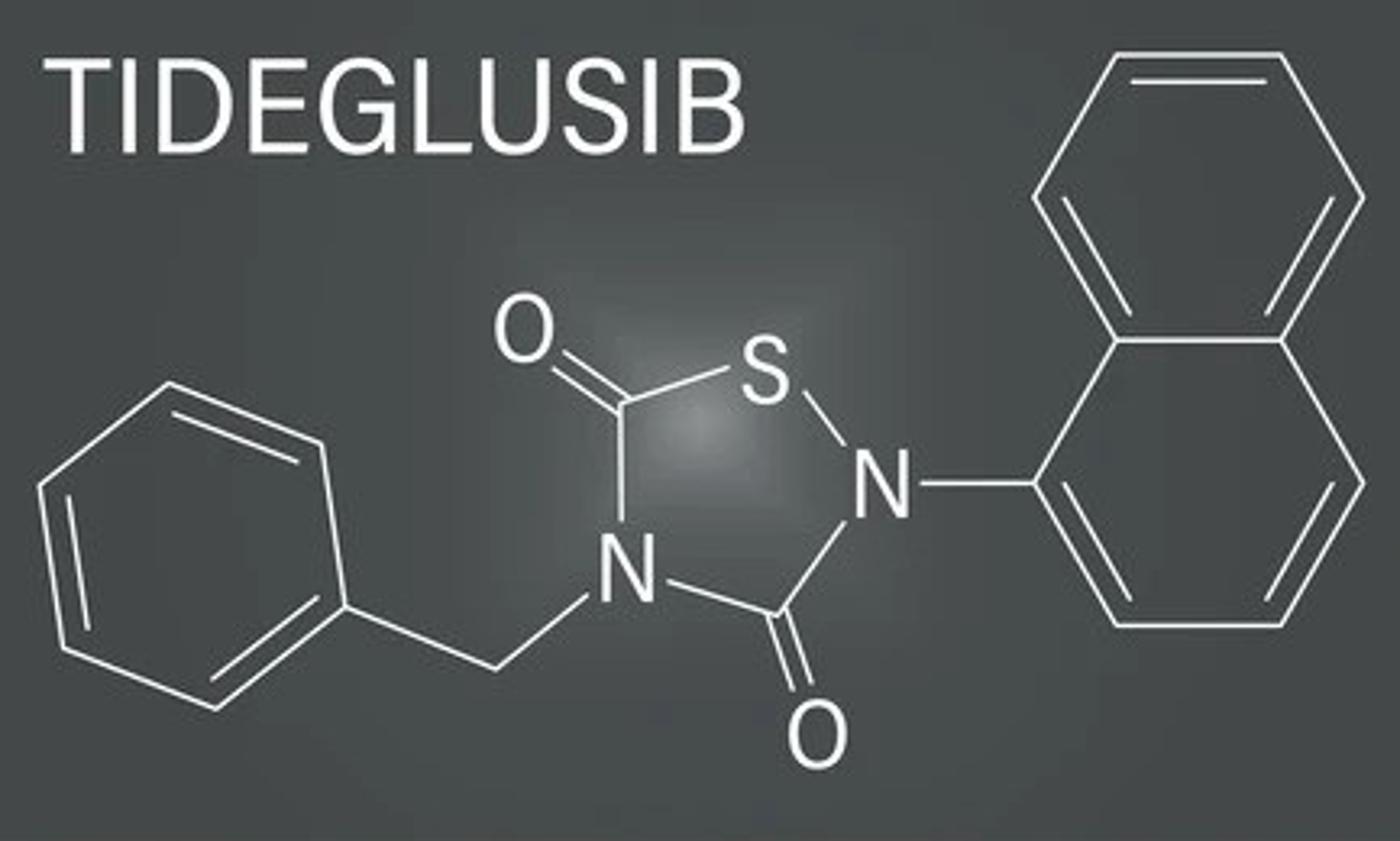
While the science behind this exciting experiment is quite complex, the simplest explanation is that Tideglusib stops the tooth from believing it’s created enough dentine.
Therefore, while the drug is present, the tooth continues to produce regenerating cells until it is completely filled with new tooth cells.
It Only Took 6 Weeks to Regrow Mice Teeth

What’s especially exciting about Sharpe’s experiment is that he said, “Almost complete repair of the lesion was observed after six weeks.”
Of course, mice teeth are much smaller than human teeth, but that’s still a rapid result for any drug. While they don’t yet know how Tideglusib will affect human teeth or how quickly it will work, hopes are certainly high.
Using a Pre-Approved Drug Could Speed Up the Process
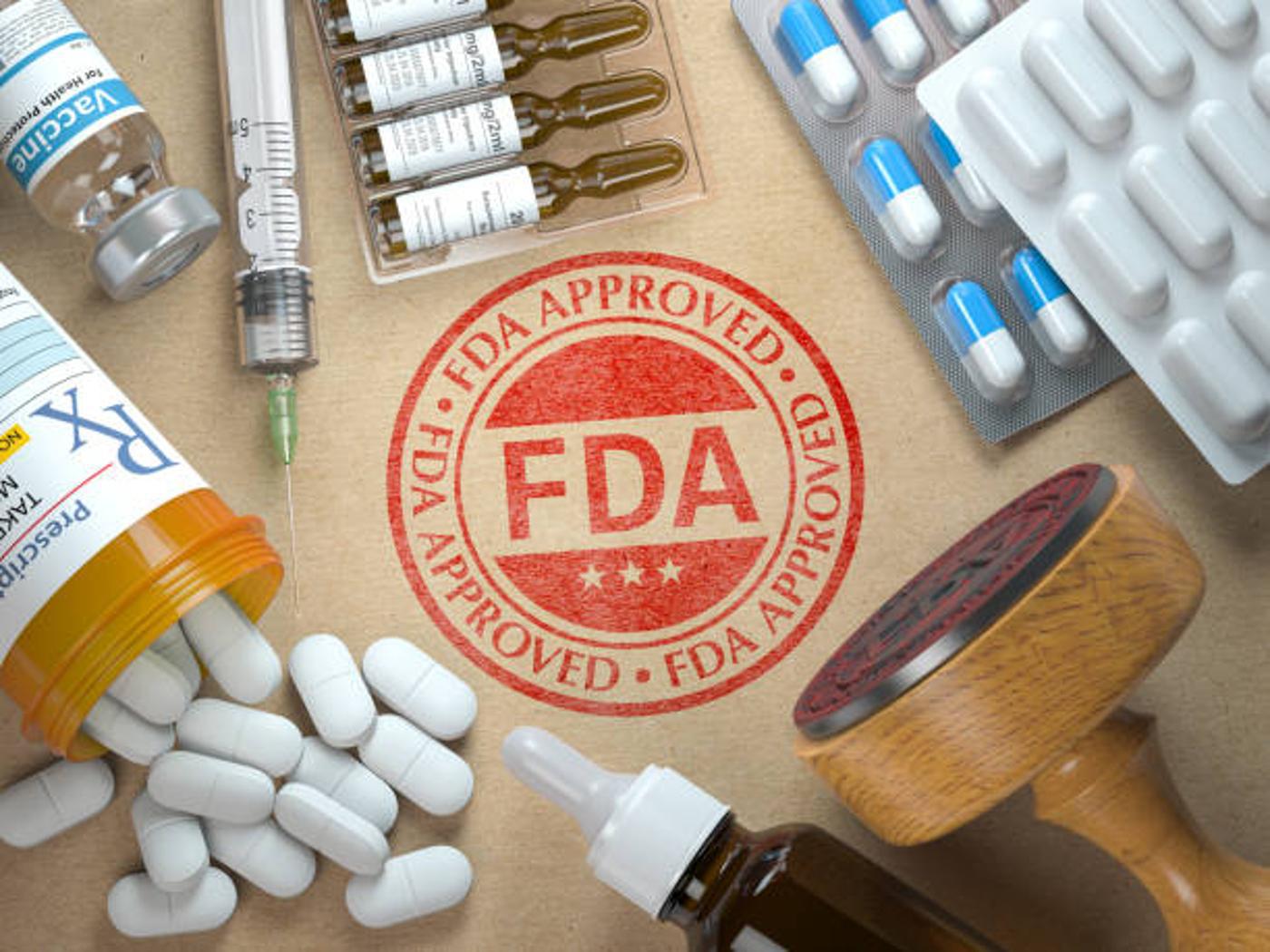
Testing a new drug and getting FDA approval can take 10 to 15 years. However, because Tideglusib has already been approved for humans living with Alzheimer’s, it could be approved for teeth regrowth much sooner.
Sharpe explained, “Using a drug that has already been tested in clinical trials for Alzheimer’s disease provides a real opportunity to get this dental treatment quickly into clinics.”
Dentists May Be Prescribing Tideglusib for Cavities in the Near Future

Those who have experienced the pain and frustration of having a cavity and getting it filled will be thrilled to know that dentists may be prescribing Tideglusib in the very near future. In fact, cavities and fillings may be all but eliminated by the next generation.
However, dentists want people to understand that this doesn’t mean they can stop caring for their teeth. Dental health will still be extremely important, even if we can eventually regrow teeth.








































